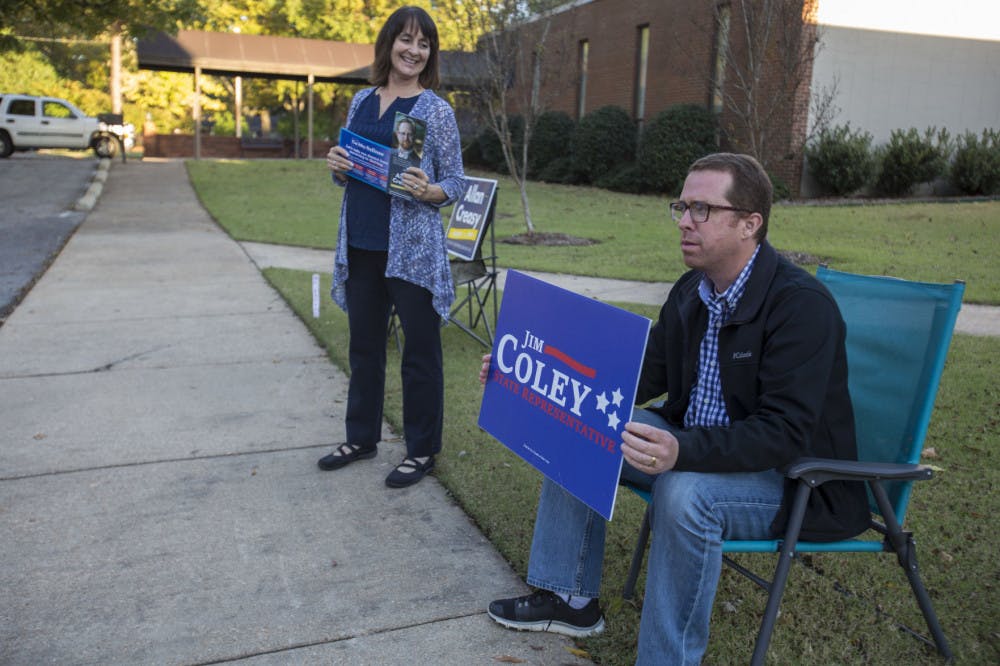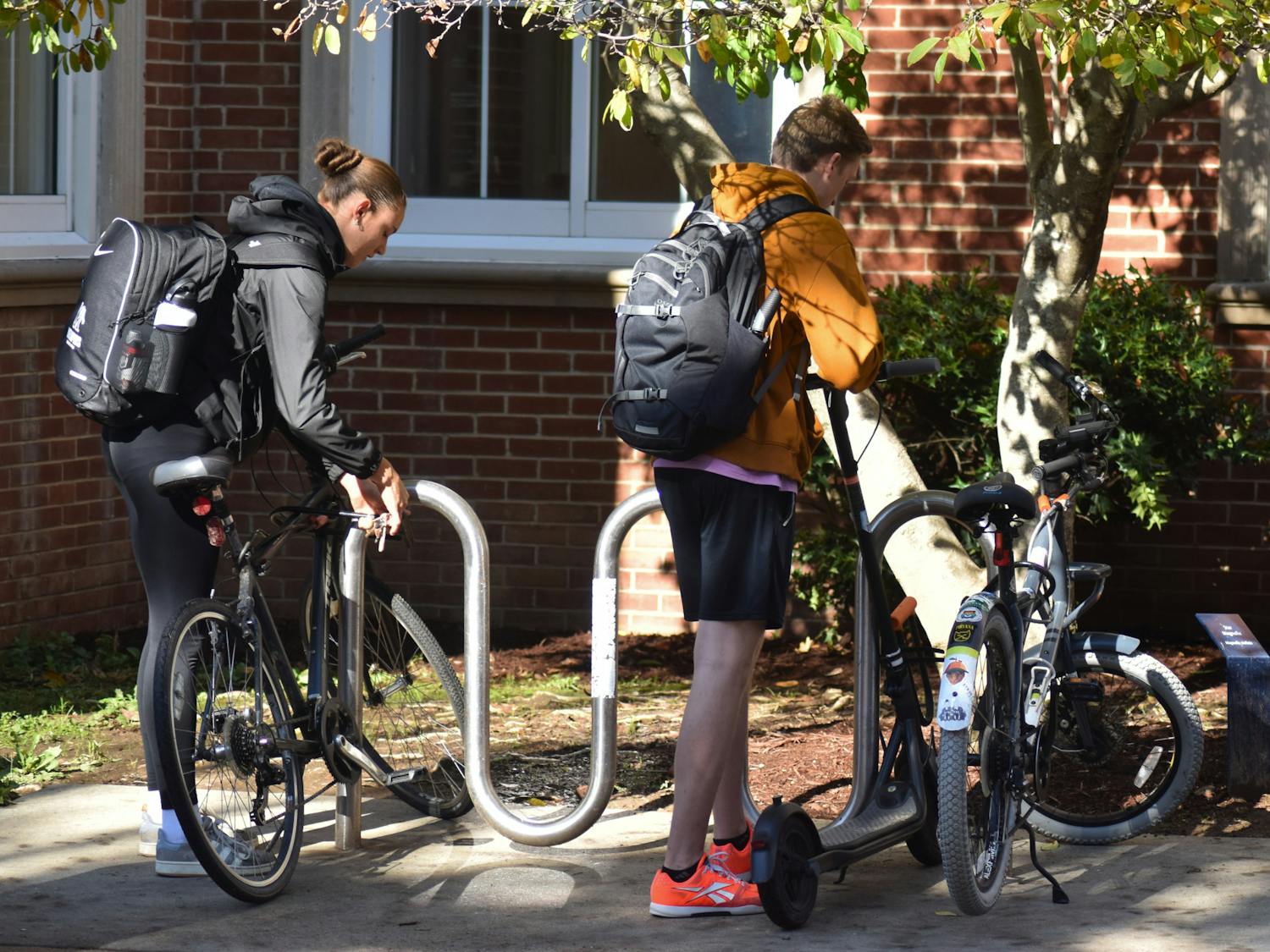Many University of Memphis students voted in the midterm elections in hopes of addressing a variety of issues, including health care, education and a lack of millennials at the polls.
Brennan Sandefer, a 19-year-old political science major, said he voted Election Day because he recognized the impact millennials could make in the midterm elections by going to the polls. He said those who choose not to vote do not understand the importance of who leads the country.
“Not voting is still a vote,” Sandefer said. “When you vote to not vote, you’re giving away your decision. When you decide you’re not going to vote, voice your opinion, learn about why you should vote or even just keep up with politics, you’re deciding you don’t care who leads you, and people not caring is literally how Hitler got to power.”
Sandefer said one issue he notices in Congress is that young people are sometimes not adequately represented. He said voting for younger representatives could put the United States on the right path.
“I believe that our generation is a lot better at finding that middle ground, whether it be in religion, politics, adversity, diversity, whatever the subject material may be, we’re very good at finding common ground,” Sandefer said. “I think a lot of what politics represents in current times dismantles that and is going against one another rather than finding love between them.”
Gina Hayes, a 21-year-old public relations major and president of the Student Activities Council, said she voted because she wants health care to be affordable for more people and hopes for a better distribution of money towards education. She also said she voted to set an example and push other black people to be active at the polls.
“The black population is one of the smallest percentages that votes, so I’m actively trying to encourage them to vote so that we can go against the stigma and show, ‘Yes, we are intelligent,’ ‘Yes, we are important,’ and ‘Yes, we vote because we care about what’s happening in our country,’” Hayes said.
The Honors Student Organization hosted an Election Day watch party at the Poplar Room in the University Center. Students watched CNN’s coverage of the Tennessee Senate race between Republican Marsha Blackburn and Democrat Phil Bredesen. Reid Russam, a 21-year-old English major, said he voted because he wanted the country to get back on track from where it has been heading.
“I hope that Democrats take Congress and that we can get on the right message of bringing back a community value in this country where we embrace each other rather than divide,” Russam said.
After CNN projected Blackburn as the new Senator of Tennessee, many students at the party expressed disappointment, but some students said they were hopeful that issues they were concerned about can still be resolved.
“Hopefully, we can just do better as time goes forward, and then once we have to deal with 2020 elections, we just fix that,” said Gabby Willingham, a 21-year-old teaching all learners major. “(Blackburn) winning this won’t be too much of a heartbreak as we have to get ready for future elections.”
Campaigners greet voters going to the polls outside the polling station at Evangel Church in Memphis. Many people voting Tuesday said health care was the reason they voted.
Signs in front of the Memphis Botanic Garden showed people where to vote. The Memphis Botanic Garden is one of several polling locations near the University of Memphis.
United States Senate Candidates had signs posted outside of polling places. Many people voted at the Memphis Botanic Garden on Nov. 6.






